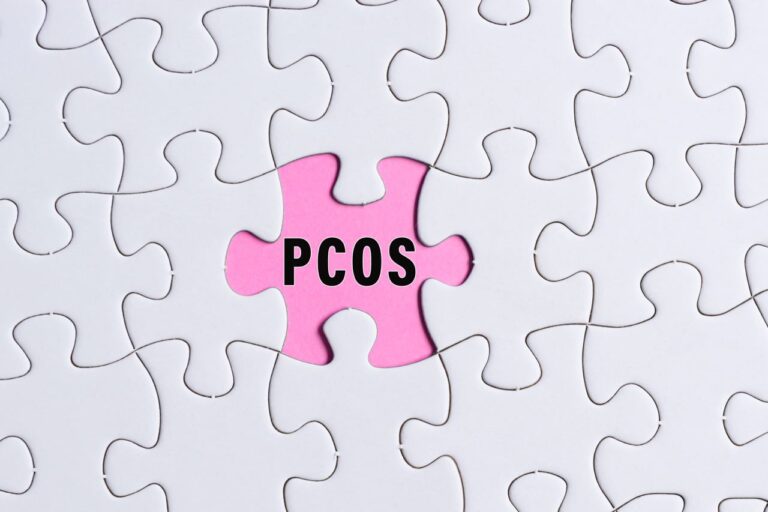Unveiling the Benefits: The Role of Weight Loss in GLP-1 Medication Therapies
In the intricate landscape of type 2 diabetes management, the pursuit of optimal outcomes extends beyond glycemic control. The advent of GLP-1 (glucagon-like peptide-1) medications has introduced a noteworthy dimension to diabetes care: weight loss. This article explores the profound impact of GLP-1 medication therapies on body weight, shedding light on the mechanisms behind this beneficial side effect and its implications for individuals managing diabetes.
For individuals with type 2 diabetes, the correlation between weight management and overall health is a crucial consideration. Excess weight is not only a common risk factor for developing diabetes but also contributes to the progression of the disease and complicates its management. The introduction of GLP-1 medications has brought about a paradigm shift, offering a dual benefit by not only addressing glycemic control but also promoting weight loss.
The mechanism through which GLP-1 medications induce weight loss is multifaceted. One primary contributor is the impact on appetite regulation. GLP-1, a natural hormone in the body, influences satiety, signaling to the brain that it’s time to stop eating. Medications that mimic GLP-1 enhance this satiety effect, leading to reduced food intake and, consequently, weight loss.
Another facet of the weight loss effect involves the impact on gastric emptying. GLP-1 medications slow down the rate at which the stomach empties its contents into the small intestine. This delay not only contributes to feelings of fullness but also influences nutrient absorption, contributing to the overall reduction in body weight. The significance of weight loss in the context of diabetes management cannot be overstated. Excess weight exacerbates insulin resistance, a hallmark of type 2 diabetes, making glycemic control more challenging. By addressing both glycemic control and weight loss, GLP-1 medications offer a comprehensive approach that aligns with the broader health goals of individuals managing diabetes.
Moreover, the weight-modulating effects of GLP-1 medications can have positive implications for cardiovascular health. Weight loss is associated with improvements in blood pressure, lipid profiles, and overall cardiovascular risk. As cardiovascular disease often coexists with diabetes, the potential for simultaneous improvement in both areas is particularly encouraging.
In conclusion, the incorporation of GLP-1 medications into the diabetes management arsenal brings about a transformative impact on weight loss. Beyond their primary role in glycemic control, these medications address a critical aspect of overall health for individuals with type 2 diabetes. Understanding the mechanisms behind this weight loss effect underscores the holistic benefits of GLP-1 medication therapies, positioning them as valuable tools in the pursuit of comprehensive diabetes care.







